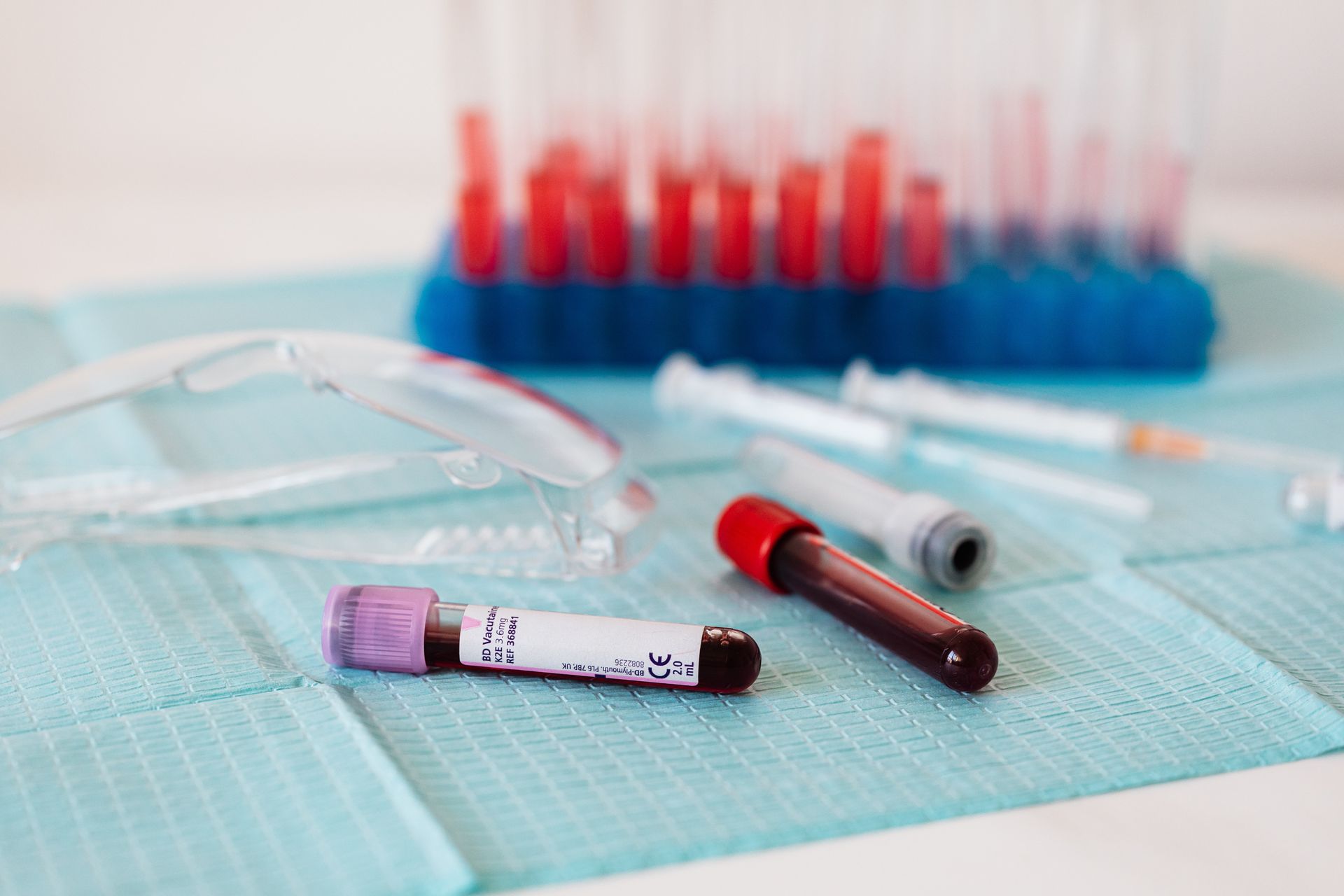The Integral Role of PBMC's in Clinical Trials and Their Journey from Collection to Research
Decoding the Significance and Journey of PBMC's in Clinical Research
The study of the immune response is a critical component of clinical research. Peripheral blood mononuclear cells (PBMC's), key players in our body's defense mechanism against infections, serve as a valuable resource for researchers. This blog will delve into the significance of PBMC's in clinical studies, their application areas, benchmark visits, and the insights they provide about the immune system. Additionally, we'll discuss how PBMC suppliers like PK4 Laboratories can aid institutions in exploring novel prospects.
Understanding PBMC's and Their Role in Clinical Research
PBMC's, a variety of white blood cells, are essential in combating infections and diseases. They are readily available in peripheral blood, making them an ideal candidate for studying immune reactions. These cells have been extensively utilized in researching HIV, cancer, and vaccine development12.
The use of PBMC's in clinical research offers a unique advantage - they can serve as indicators of an active immune response2. Certain immune cells undergo activation, becoming fully functional and capable of launching a strong immune reaction. Researchers often use PBMC activation markers to gauge the immune response2.
Benchmark visits play a vital role in studying PBMC's in clinical trials, given that the immune reaction may fluctuate over time. These visits establish a baseline, enabling researchers to track changes in immune responses3. For instance, in vaccine development, the primary aim is to stimulate an immune reaction that offers protection against a specific disease. By examining PBMC's before and after vaccination, researchers can assess the potency and longevity of the immune response3.
In the realm of cancer research, PBMC's prove invaluable too. A current area of exploration is chimeric antigen receptor (CAR) T-cell therapy, which modifies a patient's own T cells in the lab to detect and attack cancer cells1. PBMC's facilitate studying T cell populations and their effectiveness in recognizing and combating cancer cells1.
The Journey of PBMC's from Collection to Research
A crucial part of clinical research involving PBMC's is the collection process from the patients. It is a meticulously planned procedure, ensuring both patient safety and the preservation of the cells for further analysis.
When a patient comes in for PBMC collection, healthcare professionals usually draw blood from a vein in the arm. The procedure is similar to a routine blood test and is typically quick and relatively painless4. The collected blood sample is then carefully stored and transported to the laboratory under controlled conditions to maintain the viability of the cells4.
At the laboratory, the blood sample undergoes a process called density gradient centrifugation. This method separates the PBMC's from other components of the blood, such as red blood cells and plasma5. The isolated PBMC's are then counted and tested for viability to ensure they are suitable for research5.
Following this, the PBMC's are typically cryopreserved, or frozen, to maintain their functionality until needed for study6. Cryopreservation allows for long-term storage of PBMC's without compromising their integrity, enabling researchers to conduct studies at their convenience6.
The final step in the journey of the PBMC's is their transportation to the pharmaceutical company or research institution. This process is conducted under stringent temperature control to prevent any degradation of the cells7. Upon receipt, the PBMC's are ready to be utilized in various research endeavors, contributing to advancements in understanding the human immune response and developing new treatments.
Conclusion
PBMC's are indispensable in clinical research for their role in understanding the immune response. They've been thoroughly investigated in the fields of HIV, cancer, and vaccine development, with benchmark visits frequently employed to monitor changes123. Access to high-quality PBMC supplies is crucial, and specialized providers like PK4 Laboratories, Inc. can assist institutions in uncovering new research avenues. The journey of these cells, from collection to their use in groundbreaking studies, is a testament to their importance in advancing medical science.
Sources:
- Medpace Whitepaper
- Celerion PBMC Isolation
- ClinicalTrials.gov Collection of PBMCs
- ClinicalTrials.gov Collection of PBMCs
- Medpace Whitepaper
- Celerion PBMC Isolation
- PK4 Laboratories Shipping and Storage of PBMCs




Share On: